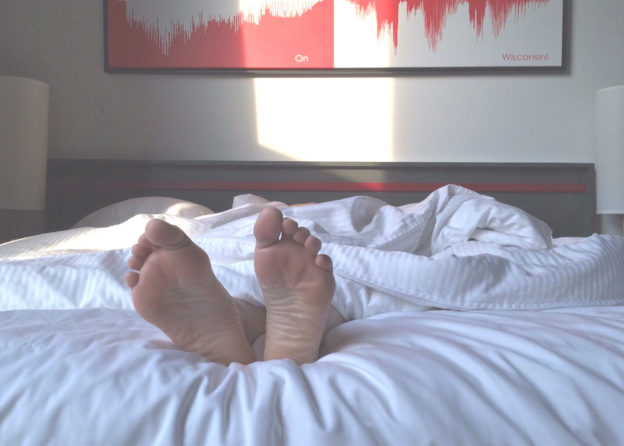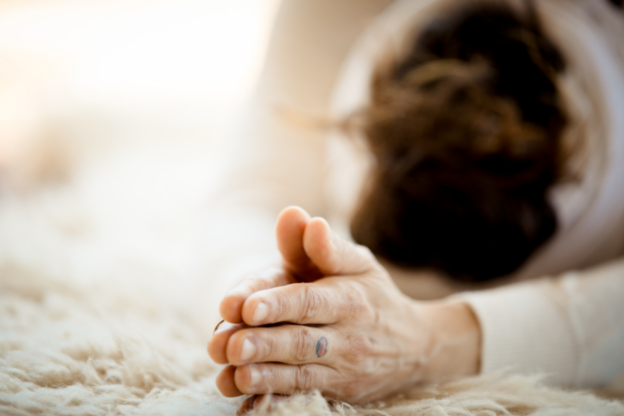Many of us struggle to get and stay in a deep sleep at night and find ourselves feeling tired in the morning or throughout the day. Or then theres just getting to sleep – that can be a real issue – lying there awake for ages – tired but awake. Some people are such light sleepers, anything, like the cat jumping on the bed, or the partner turning over, can wake them up. Some of us sleep well, but notice that disruptions in our sleeping patters can really impact our immune and other systems… If any of these examples are you… then read on, because I’ve got some important things to share about sleep that you probably didn’t know…
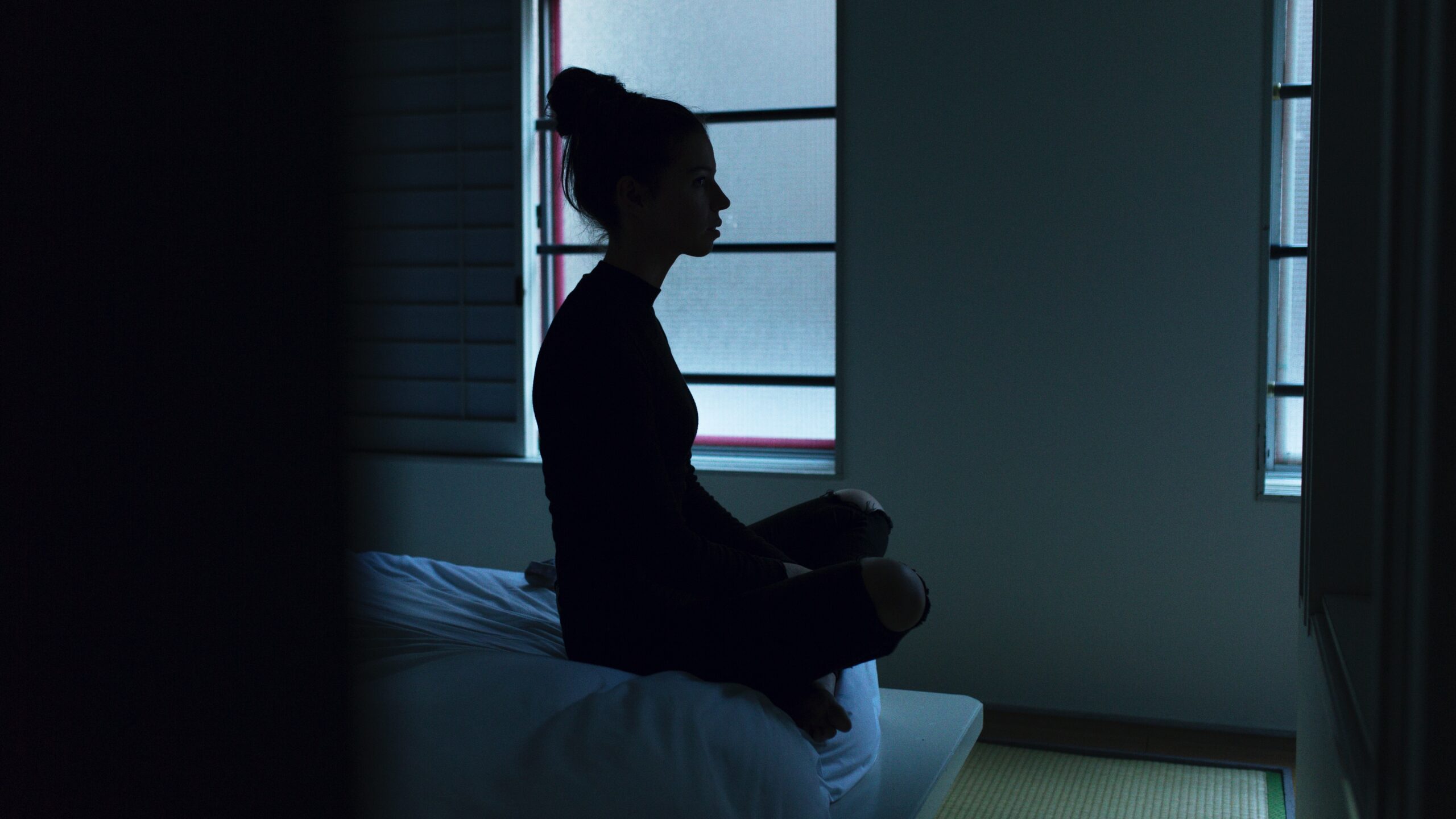
Melatonin is the body’s most superior antioxidant. It is produced by the pineal glad when we sleep and it induces sleep and dreaming. It also supports the restoration and repair service the body goes through when we sleep. Melatonin also, an an antioxidant, fights oxidative stress by neutralising free radicals and also helps neutralise the reactive oxygen species that result as a byproduct of detoxification.
So melatonin is some amazing naturally produced chemical that we need an abundance of! And optimising this function is the key to immune health.
As a slightly side note, melatonin, as well as many other nutrients help mop up toxic residues in the lymphatic system. I personally notice that when I’m in places that are heavily polluted (more than my body is used to processing) AND I haven’t slept enough (I need 8 hours a night), I tend to be really puff in my face and around my eyes in the morning… A sign that my lymphatic system is struggling a bit. So I do some manual lymphatic drainage massage… See my video demo below… And be mindful about getting more sleep so my internal systems can detox as much as it needs to.
So how does melatonin get secreted?
When the sun goes down, it gets dark and we feel tired from a days work, our pineal glad starts to detect that sleep is upon us. In fact, it detects light getting dimmer and when its pretty dark, it will start to secrete melatonin.
However increases in light from the TV or devices when the pineal gland thinks its bed time can really confuse it and if there isn’t enough darkness, the gland wont produce enough melatonin to induce a deep sleep. So melatonin reacts to light, and how does it do that? By detecting light waves.
That means that anything else that operates on this basis of physics – ie – sound, electromagnetic frequencies (EMF) and wi-fi can also influence these processes because the pineal gland doesn’t differentiate between these frequencies. It thinks wi-fi, EMF and some sound frequencies is light!
Understanding this is the key to optimising our pineal glad function and melatonin secretion.
Read on to find out how to optimise your sleep by improving your sleep hygiene below.
There are so many other nutrients and processes that are involved with sleep, particularly related to our hormones that help regulate mood and sleep… Research also shows that our blood sugar levels can become more elevated in the morning and throughout the day if we haven’t slept well the night before – and this causes inflammation in the body!
Read more about what nutrients and nutrition could help you below.
Why is sleeping and dreaming so important?
Apart form the obvious rest and recouperation, sleeping is when our body does much of the repairing of the day’s damage from mechanical musculo-skeletal action to toxin damage to tissues and cells.
We also tend to sort through the day’s intake of information when we sleep… So new memories and information get stored in the long term memory bank and disruption of this can lead to poor long term memory.
When we’re asleep, its our body thats resting, but our soul or spirit keeps going. The original people of Australia say that the Dreamtime is where everything is dreamt into existence and indigenous cultures all over the world appreciate dreams as bringers of news or information about whats going to happen in the future, how to interpret a situation that happened recently, or getting insight into something. Many tribes drink special herbs to heighten their dreaming abilities, rememberences interpretation skills, wisdom and even lucid dreaming abilities.
Yes its true that sometimes our dreams can be our subconscious trying to show us something important or helping us to sort something out in our mind… but dreams can also take us to much deeper realms than that.
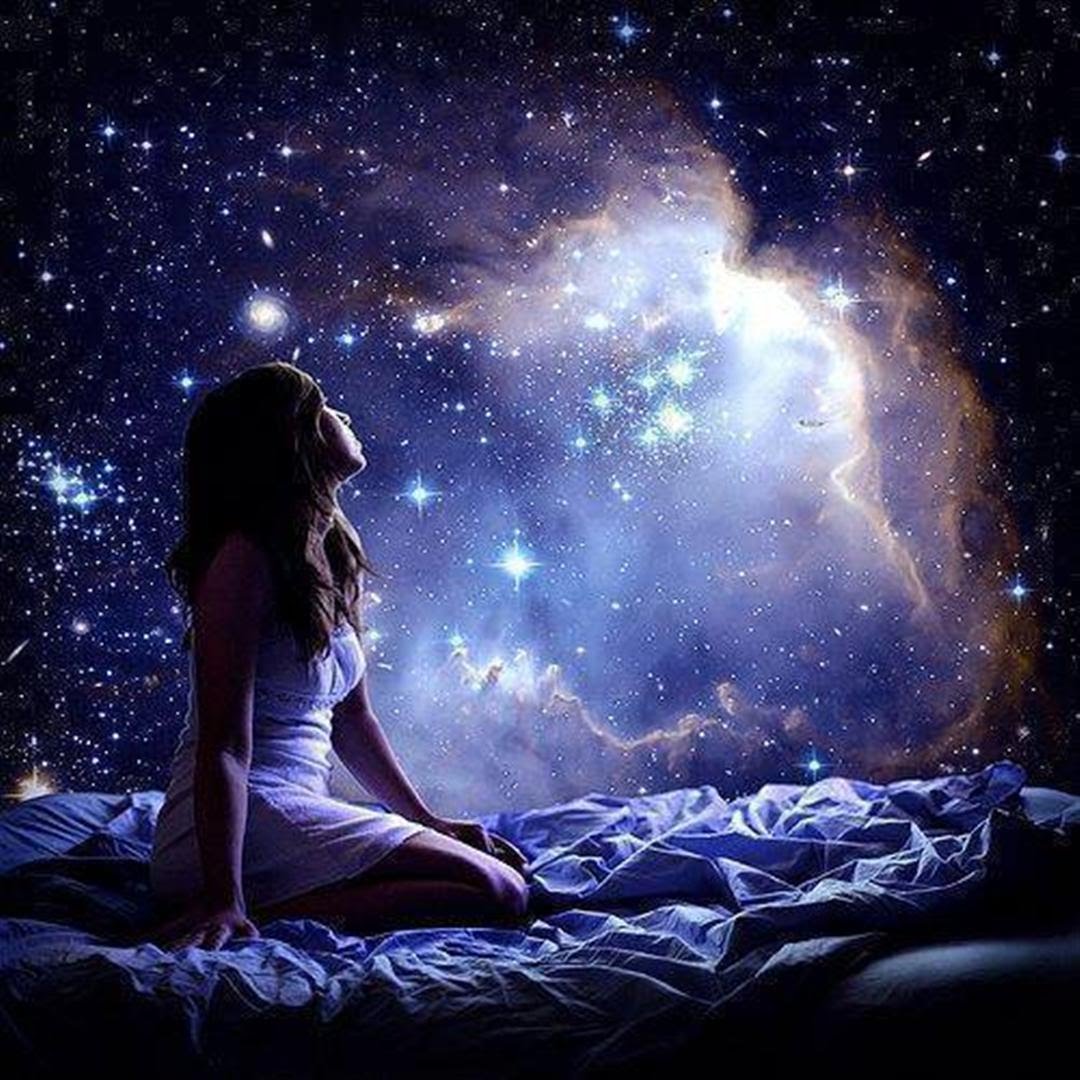
I myself have been drinking a tea called Guayusa after I was initiated by a beautiful Shaman called Sisa from Equador who stayed with me. She has been using this herb in her tribe and taught us how to read our dreams. Since then, I’ve found my dreams to be really insightful – guiding me to new pathways, augmenting my psychic abilities and helping me sort through important things in my world. I love dreaming so much, I look forward to it every night and want to share with you some of my top tips to developing and improving sleep hygiene.
How to improve sleep hygiene
Stop using wifi devices at least 1.5 hours before sleep, including checking emails, doing any work on your laptop or tablet, checking updates and notifications on your smart phone etc. Turn off wifi at the router and switch your phone to airplane mode at this time as the blue light and electromagnetic frequencies (EMFs) interferes with melatonin production. Use a battery operated simple alarm clock.

Remove all unnecessary electronic devices from the bedroom like TVs to diminish EMFs and the blue light that interferes with melatonin secretion. Switch off those that stay at the socket.
Buy Himalayan pink salt lamps, rocks or candle holders, high grade shungite or black tourmaline crystals and place them in your bedroom (and around the house) as they effectively reduce EMFs.
Regulate sleep to 11pm – 7am to achieve 8 hours of good quality, deep Delta (brain waves) sleep. Keep this in line with dusk and dawn, to regulate your circadian rhythm, our natural body clock. So try to go to sleep when its dark and wake when its getting light.
Avoid drinking medium/large quantities of water and hot drinks 1 hour before bed to avoid waking in the night to go to the toilet.
Have 1/2 mug of strong chamomile or valerian tea (2 teabags) as a sleep tonic if needed 1 hour before bed.
Exercise during the day to increase serotonin levels, which help create melatonin – even walking is great.
Reduce alcohol and caffeine consumption during the day and evening as these have a huge impact on the brain chemistry of the brain and can disrupt sleep.
Practice letting go of anything that is on your mind that you may be carrying around or unnecessarily taking into the sleep time. Use self-healing techniques, meditation and/or affirmations. Or use my favourite, the Ho’oponopono mantra – I’m sorry, please forgive me, thank you, I love you – which can be said in either the context of you saying it towards yourself or towards another.
Acknowledging any parts of you that may need some attention without judgement… Maybe its a part of you that is worried about something, or a part that feels bad about something that happened earlier, or a part of you thats anxious about a big work thing tomorrow… These parts may quieten down if we give them the acknowledgment they need, tall them they’ve been heard and let them know its ok to feel that way and you’re not going to judge yourself. practicing the art of observation without judgment of yourself and your feelings is key.
Make sure you’ve got good bowel health, so that your bowels can eliminate metabolised hormones and neurotransmitters after they’ve been broken down in the liver. If we don’t have good bowel health and are constipated or have poor gut motility, the hormones get reabsorbed back through the gut and remain in circulation making us feel wired, tired and anxious. Good abundance of beneficial bacteria in the gut means happy hormone serotonin and other important nutrients are made in the gut which leads to good sleep. A good, clean, high potency probiotic from Biocare – they have loads – will help. Also daily intake of Inulin helps – an insoluble fibre that feeds good bacteria. Read more about why bacteria is important and where to get our recommended Inulin from.
Supplementing with these 3 nutrients may help with sleep…
- Magnesium: This mineral is known as ‘nature’s tranquilliser’ and has a calming relaxing effect on the body in general. It is particularly helpful if your sleep is being disturbed by cramps as it is a muscle relaxant.
- Theanine: This amino acid comes from green tea and not only helps maintain a calm alertness during the day but also a deeper sleep at night.
- Tryptophan: Your body needs this amino acid in order to make serotonin, the relaxing and calming brain neurotransmitter. Tryptophan occurs naturally in fish, whole grains, chickpeas, almonds, eggs, bananas, dates and organic dairy.
(Taken from Dr Marilyn Glen ville)
Take a sleep formulae like NT Complex, or NT Intensive from Biocare (get 25% off for subscribing to our mailing list – code in our Newsletter) with a high potency combination of L-theanine, lemon balm, chamomile, lavender, magnesium taurate and B-vitamins to support a balanced nervous system and induce a deep sleep.
Use crystals that aid sleep like amethyst, black tourmaline, angelite, haematite, jade, labradorite and selenite. Put these under your bed, under your pillow, on your bedside table, or hold for a night time meditation before sleep. Make sure you use your intention to clear the crystals and then reprogramme them each time you use them… Just tell the crystal what you want it to do and thats it!
Develop a bedtime routine to incorporate the above elements and to wind down, maybe reading a book, meditating, self-reflection, praying etc – this will help with stress, anxiety and worry elimination.
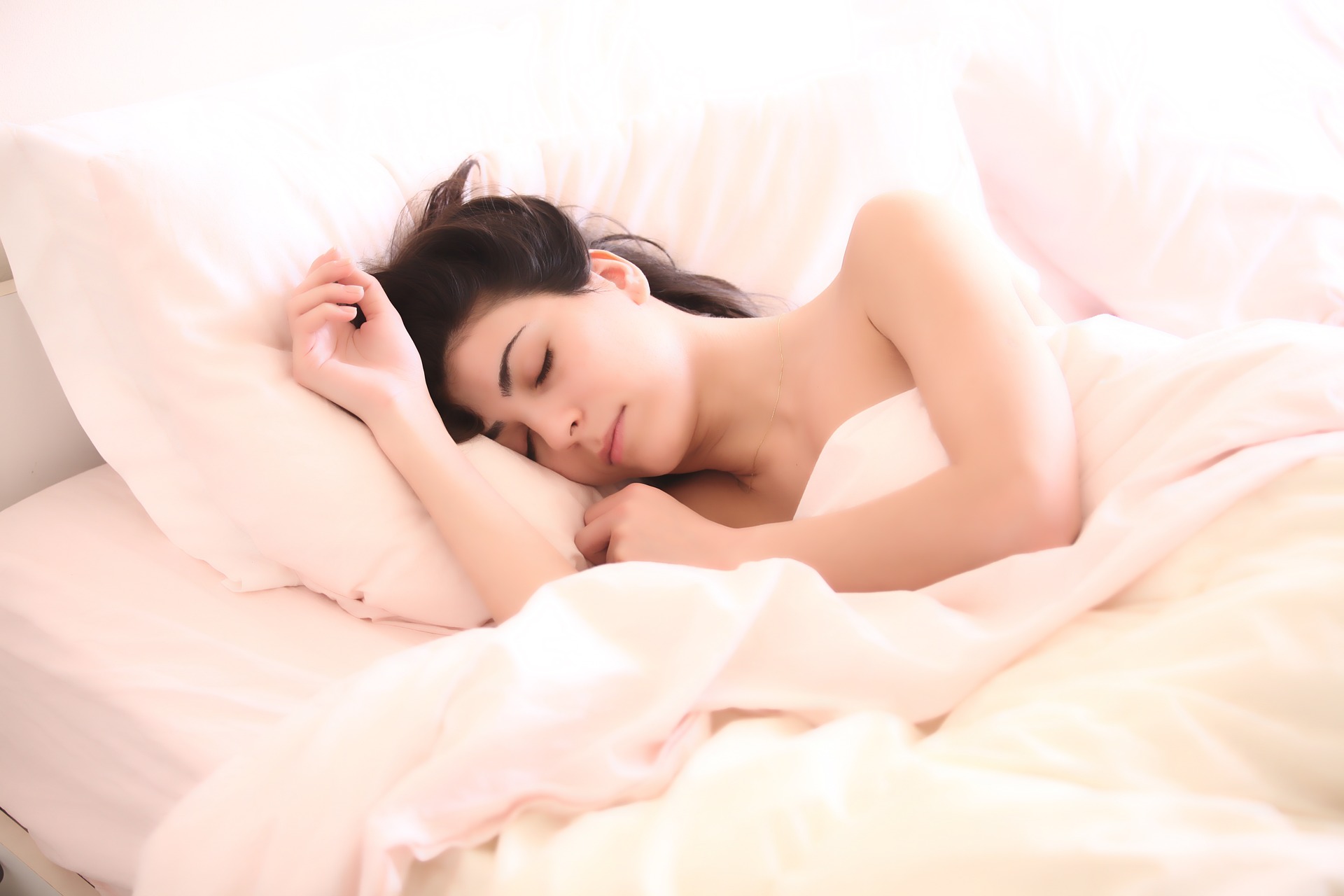
GOOD NIGHT, SLEEP TIGHT

